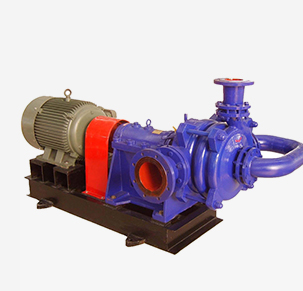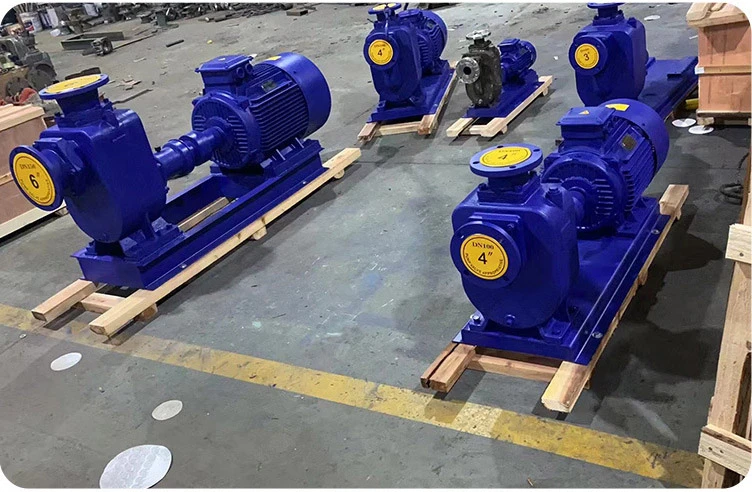TEL:
+86 13120555503
English
- Afrikaans
- Albanian
- Amharic
- Arabic
- Armenian
- Azerbaijani
- Basque
- Belarusian
- Bengali
- Bosnian
- Bulgarian
- Catalan
- Cebuano
- Corsican
- Croatian
- Czech
- Danish
- Dutch
- English
- Esperanto
- Estonian
- Finnish
- French
- Frisian
- Galician
- Georgian
- German
- Greek
- Gujarati
- Haitian Creole
- hausa
- hawaiian
- Hebrew
- Hindi
- Miao
- Hungarian
- Icelandic
- igbo
- Indonesian
- irish
- Italian
- Japanese
- Javanese
- Kannada
- kazakh
- Khmer
- Rwandese
- Korean
- Kurdish
- Kyrgyz
- Lao
- Latin
- Latvian
- Lithuanian
- Luxembourgish
- Macedonian
- Malgashi
- Malay
- Malayalam
- Maltese
- Maori
- Marathi
- Mongolian
- Myanmar
- Nepali
- Norwegian
- Norwegian
- Occitan
- Pashto
- Persian
- Polish
- Portuguese
- Punjabi
- Romanian
- Russian
- Samoan
- Scottish Gaelic
- Serbian
- Sesotho
- Shona
- Sindhi
- Sinhala
- Slovak
- Slovenian
- Somali
- Spanish
- Sundanese
- Swahili
- Swedish
- Tagalog
- Tajik
- Tamil
- Tatar
- Telugu
- Thai
- Turkish
- Turkmen
- Ukrainian
- Urdu
- Uighur
- Uzbek
- Vietnamese
- Welsh
- Bantu
- Yiddish
- Yoruba
- Zulu
Telephone: +86 13120555503
Email: frank@cypump.com
Feb . 08, 2025 06:50 Back to list
Chemical Pumps
Navigating the landscape of centrifugal chemical process pumps can be a transformative experience for industries reliant on efficient fluid handling. These pumps, essential in numerous sectors—ranging from pharmaceuticals to petrochemicals—embody specialized engineering, enabling them to withstand the rigors imposed by chemically aggressive and physically demanding environments. Their selection, integration, and maintenance represent crucial decisions impacting operational efficacy and safety. Drawing from a wealth of expertise, this guide will illuminate the key aspects of centrifugal chemical process pumps, underpinned by real-world insights and authoritative recommendations.
Regular maintenance and monitoring form the bedrock of maximizing the lifespan and performance of centrifugal chemical process pumps. Real-world applications demonstrate that proactive maintenance strategies—such as regular inspections, condition monitoring, and predictive maintenance—can mitigate unscheduled downtimes. These strategies allow operators to identify potential issues before they escalate, maintaining an environment of trust and reliability in process integrity. Expertise in pump operation also involves understanding the nuances of system integration. Critical factors include the correct sizing and matching of pumps to system requirements, ensuring that pump curves align with the system’s operation points. Inappropriate sizing can lead to operational inefficiencies, including cavitation and increased wear. Consultations with pump specialists can provide insights into optimal system design, safeguarding against these inefficiencies. In the diverse applications of centrifugal chemical process pumps, industry experience consistently highlights the importance of adaptability and customization. Different processes demand different setups; hence, pumps are often customized to suit particular operational and environmental conditions. Manufacturers frequently offer tailored solutions that align with unique process requirements, ensuring efficiency and compliance with industry-specific regulations. In conclusion, understanding and deploying centrifugal chemical process pumps demands a composite of real-world experience, technical expertise, and adherence to industry standards. By focusing on material compatibility, advanced technology integration, compliance with authoritative standards, and proactive maintenance strategies, industries can significantly enhance their operational effectiveness. These pumps, while sophisticated, are accessible to those who approach their deployment with informed strategy and calculated diligence. By prioritizing these tenets, industries can navigate the complexities of chemical processing with confidence and authority, ensuring reliability and trust in their fluid handling operations.


Regular maintenance and monitoring form the bedrock of maximizing the lifespan and performance of centrifugal chemical process pumps. Real-world applications demonstrate that proactive maintenance strategies—such as regular inspections, condition monitoring, and predictive maintenance—can mitigate unscheduled downtimes. These strategies allow operators to identify potential issues before they escalate, maintaining an environment of trust and reliability in process integrity. Expertise in pump operation also involves understanding the nuances of system integration. Critical factors include the correct sizing and matching of pumps to system requirements, ensuring that pump curves align with the system’s operation points. Inappropriate sizing can lead to operational inefficiencies, including cavitation and increased wear. Consultations with pump specialists can provide insights into optimal system design, safeguarding against these inefficiencies. In the diverse applications of centrifugal chemical process pumps, industry experience consistently highlights the importance of adaptability and customization. Different processes demand different setups; hence, pumps are often customized to suit particular operational and environmental conditions. Manufacturers frequently offer tailored solutions that align with unique process requirements, ensuring efficiency and compliance with industry-specific regulations. In conclusion, understanding and deploying centrifugal chemical process pumps demands a composite of real-world experience, technical expertise, and adherence to industry standards. By focusing on material compatibility, advanced technology integration, compliance with authoritative standards, and proactive maintenance strategies, industries can significantly enhance their operational effectiveness. These pumps, while sophisticated, are accessible to those who approach their deployment with informed strategy and calculated diligence. By prioritizing these tenets, industries can navigate the complexities of chemical processing with confidence and authority, ensuring reliability and trust in their fluid handling operations.
Share
Latest news
-
ISG Series Pipeline Pump - Chi Yuan Pumps | Energy Efficiency&Compact Design
NewsAug.03,2025
-
ISG Series Vertical Pipeline Pump - Chi Yuan Pumps Co., LTD.|High Efficiency, Low Noise, Durable
NewsAug.02,2025
-
ISG Series Vertical Pipeline Pump - Chi Yuan Pumps | High Efficiency, Low Noise
NewsAug.02,2025
-
ISG Series Vertical Pipeline Pump- Chi Yuan Pumps Co., LTD.|High Efficiency&Compact Design
NewsAug.02,2025
-
Heavy-Duty Mining Sludge Pumps - Wear-Resistant Slurry Handling
NewsAug.02,2025
-
Horizontal Split Case Pump with GPT-4 Turbo | High Efficiency
NewsAug.01,2025










